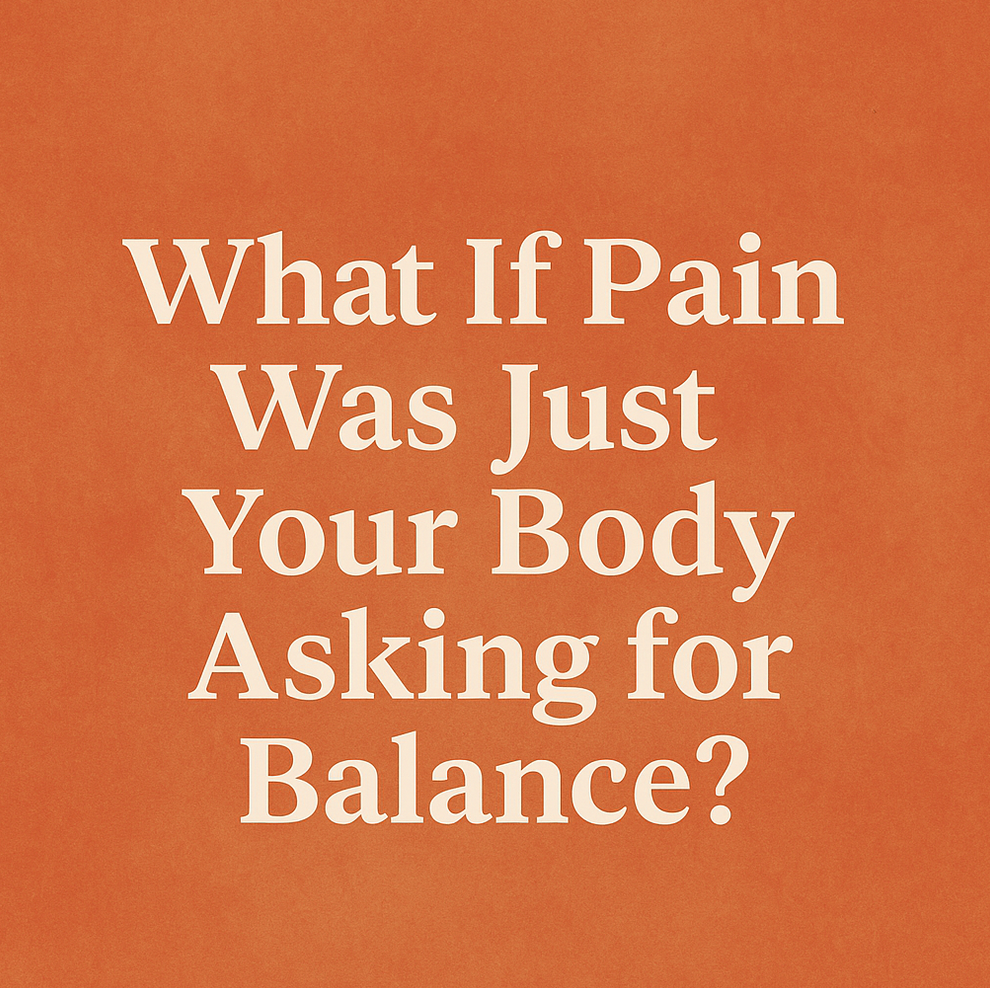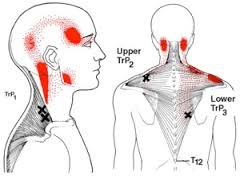What causes gluteal tendinopathy?
Researchers are still working on clearly determining the causes of tendinopathy.
It is currently thought that the pain of gluteal tendinopathy often appears when the tendons become overloaded. This may be due to rapid increases in training or exercise load, a large force associated with a slip or fall or an increase in bodyweight.
Sometimes there has been no particular incident but there may have been a gradual weakening of the tendons over time associated with lack of stimulus of the gluteals due to low activity levels, or certain postural and movement habits.
Those with gluteal tendinopathy have been shown to have weakness in the gluteal muscles that attach to the problem tendons. If the muscles and their tendons become weak enough, they will fail to cope with everyday loads and your nervous system may warn you about this in the form of pain.
How can physiotherapy help with gluteal tendinopathy?
Physiotherapy can help in multiple ways. Your physiotherapist can advise you about controlling aggravating tendon loads—everyday postures, movement habits and activities that might be provoking your pain. Your physiotherapist can help to address poor postural and movement habits, including gait retraining.
Research has found that exercise provides the best long-term outcomes for tendon pain.
A specific exercise program that aims to improve your movement patterns, gradually strengthen the muscles involved and improve the health of your hip tendons is essential. Massage, self trigger point releases, acupuncture, dry needling and heat may assist with short term symptomatic pain relief.
However, a specific exercise program and being taught how to control loads across your tendons are key strategies in managing this condition for the longer term.
Stretching of the gluteals or Iliotibial band (ITB), while a common strategy, will usually only aggravate the tendons. Corticosteroid injections have previously been recommended, but these have been found to have only short term benefits. Surgery is reserved for cases that have not responded to any conservative treatments.
























